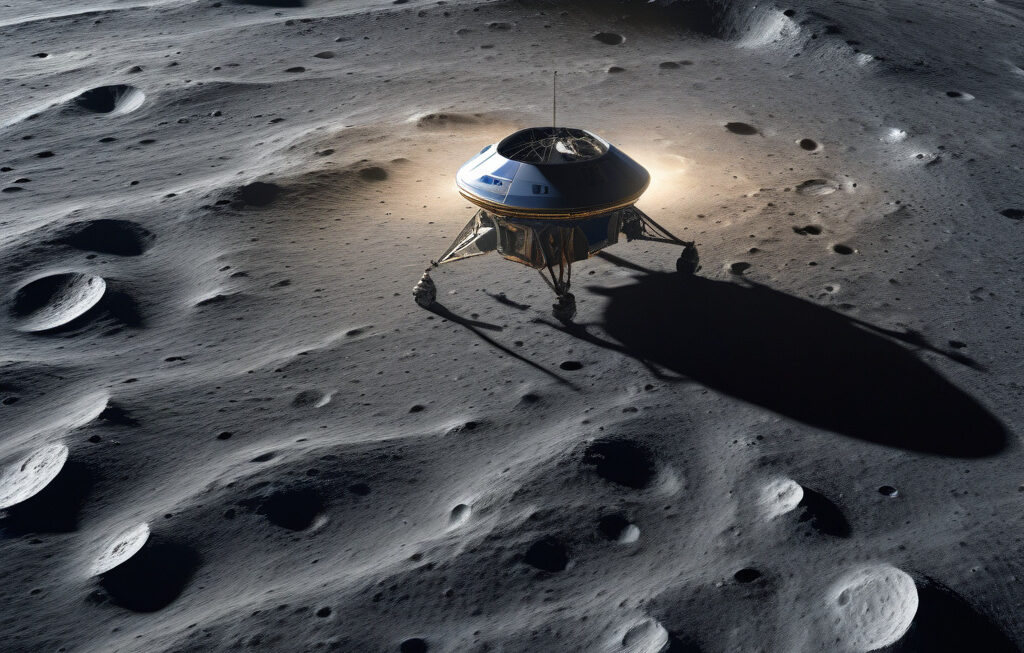AI’s Potential Benefit to Trade: Addressing Divides for a Prosperous Future
The World Trade Organization (WTO) recently released a report highlighting the potential benefits of Artificial Intelligence (AI) in boosting global trade. The report emphasizes that AI has the power to revolutionize the way we conduct business, streamline processes, and enhance efficiency across various industries. However, amidst the optimism surrounding AI’s impact on trade, the report also issues a stark warning – the technology has the potential to exacerbate global inequality if certain divides are not addressed.
One of the key advantages of AI in the context of trade is its ability to facilitate smoother and more efficient cross-border transactions. AI-powered tools can help businesses automate routine tasks, analyze vast amounts of data quickly and accurately, and make predictions based on market trends. This not only saves time and resources for companies but also opens up new avenues for growth and expansion into international markets.
Moreover, AI can play a crucial role in enhancing supply chain management, optimizing logistics, and improving overall productivity. By harnessing the power of AI-driven analytics, businesses can make better-informed decisions, reduce operational costs, and minimize risks associated with global trade. This, in turn, can lead to increased competitiveness and profitability in a rapidly evolving economic landscape.
Despite these promising prospects, the WTO report underscores the need to address potential divides that could arise from the widespread adoption of AI in trade. One of the primary concerns is the risk of widening the gap between technologically advanced economies and those that lag behind. Developing countries, in particular, may face challenges in harnessing the full potential of AI due to factors such as limited infrastructure, lack of skilled workforce, and inadequate regulatory frameworks.
Furthermore, there is a looming threat of job displacement as AI and automation continue to reshape the labor market. While AI has the potential to create new opportunities and drive innovation, it also raises concerns about the loss of traditional jobs and the need for upskilling and reskilling the workforce to adapt to the digital era.
To mitigate these challenges and ensure that AI contributes to inclusive and sustainable trade growth, policymakers, businesses, and international organizations must work together to address the following key issues:
- Digital Divide: Bridging the gap in access to AI technologies and digital infrastructure between developed and developing economies is crucial to ensure equal participation in the global digital economy.
- Skills Gap: Investing in education and training programs to equip workers with the necessary skills to thrive in an AI-driven economy is essential to prevent widening disparities in the workforce.
- Ethical and Regulatory Frameworks: Establishing clear guidelines and regulations around the ethical use of AI, data privacy, and cybersecurity is imperative to build trust among consumers and businesses and ensure responsible AI deployment.
- Collaboration and Knowledge Sharing: Encouraging collaboration and knowledge sharing between countries, industries, and academia can foster innovation, drive technology transfer, and promote inclusive growth on a global scale.
By addressing these critical issues, stakeholders can harness the transformative power of AI to not only boost trade and economic prosperity but also create a more equitable and sustainable future for all. As we navigate the ever-changing landscape of AI and trade, proactive measures and strategic collaborations will be key to unlocking the full potential of this groundbreaking technology.
In conclusion, while the WTO report underscores the immense potential of AI to revolutionize global trade, it also serves as a timely reminder of the challenges that lie ahead. By proactively addressing divides and working towards a more inclusive and equitable future, we can harness the transformative power of AI to drive prosperity and innovation on a global scale.
AI, Trade, Global Inequality, Technology, FutureOfWork












